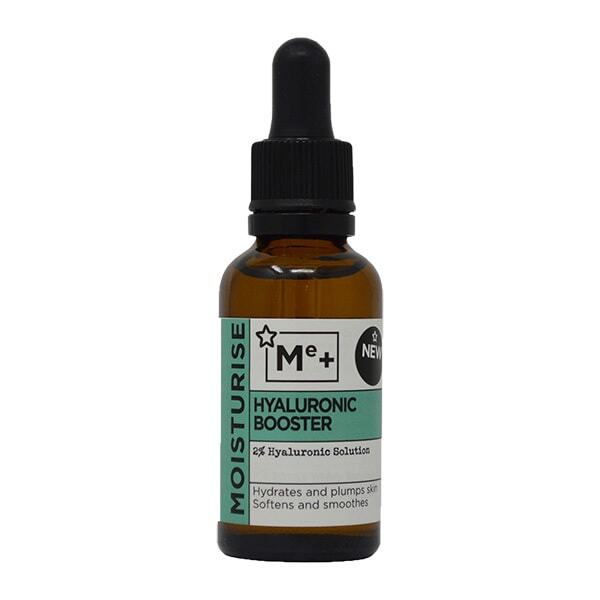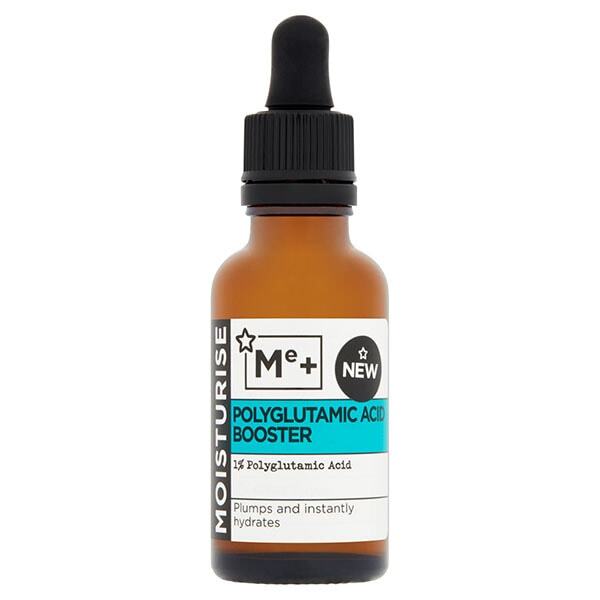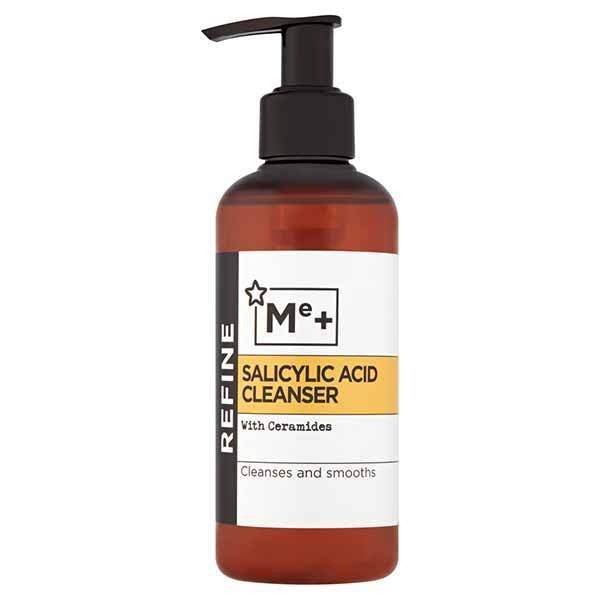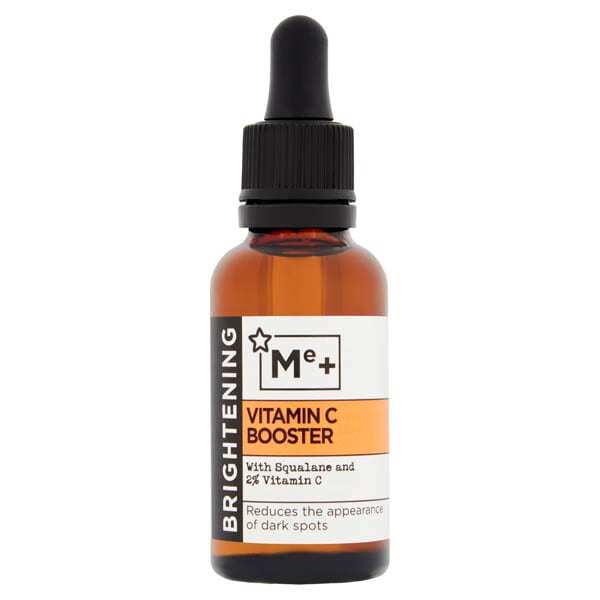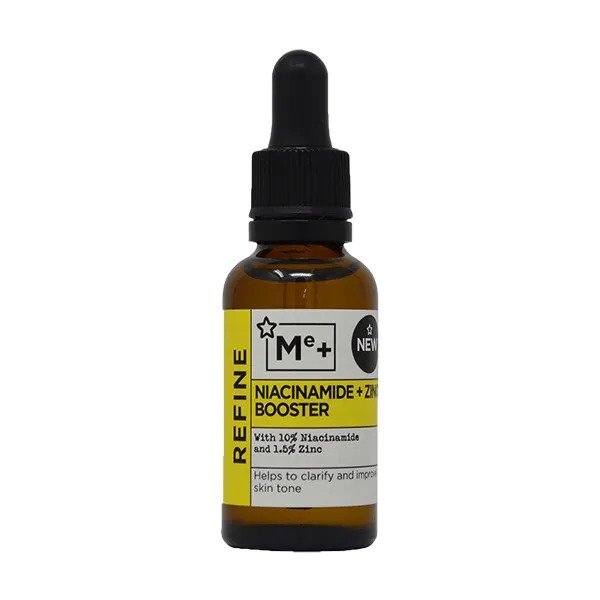If your skin looks dull and dry, you’ll want to add these 5 hydrating ingredients to your routine
In partnership with Superdrug
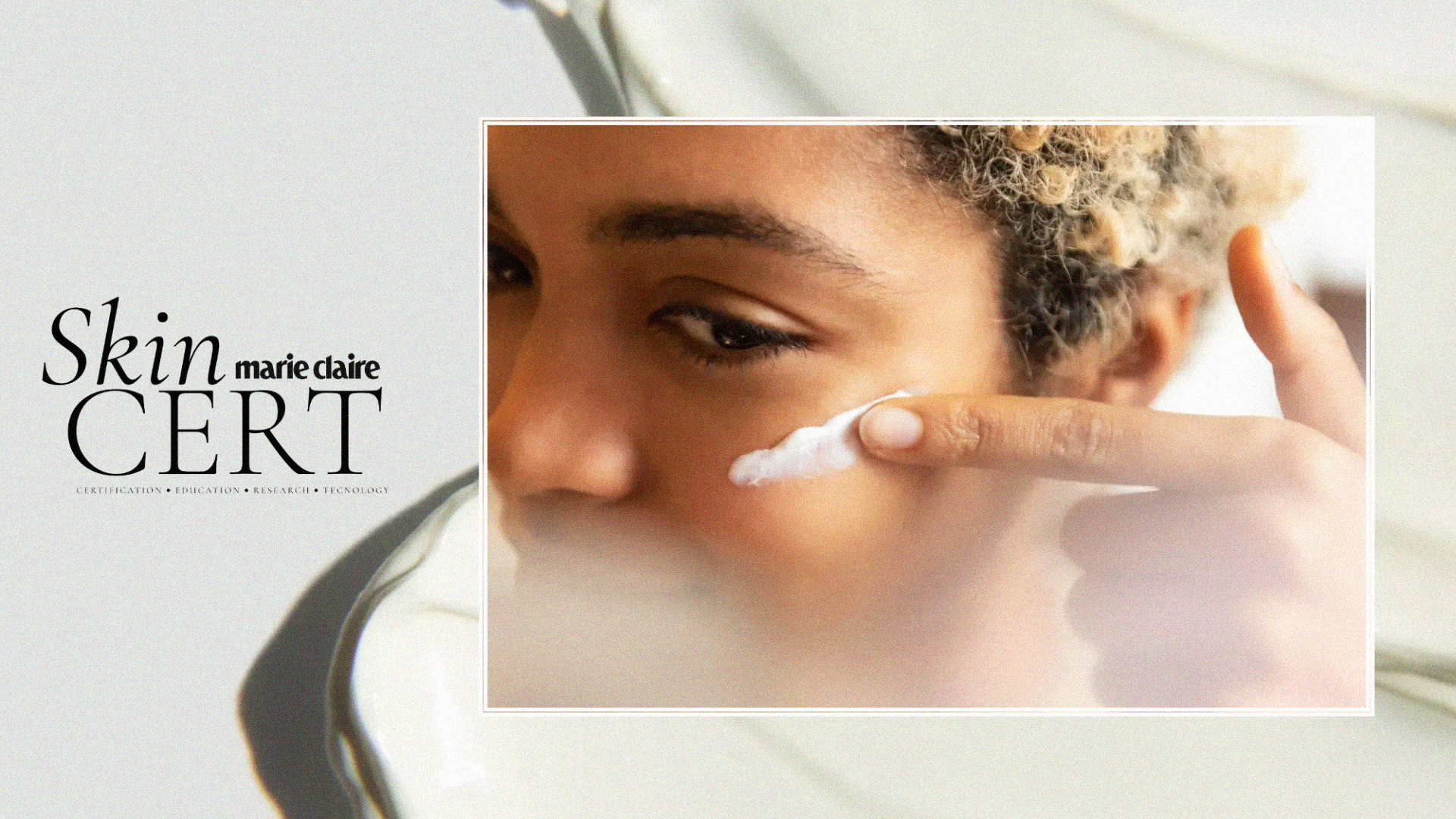
Central heating, stress, and cold weather can all leave our skin looking a little dull and dry. But, by adding a few dermatologist-approved ingredients into your daily skincare routine, you can help to add some much-needed hydration to your complexion. Here skincare lover and NHS doctor Dr Kemi Fabusiwa reveals five star hydrating ingredients to use this winter, plus the products from Superdrug’s Me+ range to find them in.
The best 5 hydrating ingredients to add to your skincare routine
1. Hyaluronic Acid
Ask any skin expert, and they’ll suggest adding hyaluronic acid into a hydrating skincare regime. Why? “Hyaluronic Acid is a water-based humectant that is able to hold over 1,000 times its weight in water. This means that it binds onto the surface of the skin and helps to draw water in from the environment,” explains Dr Kemi Fabusiwa. It’s this ability to hold onto so much water, that makes it so effective at helping to hydrate the skin's barrier, plump the skin, and prevent irritation, Dr Fabusiwa continues. “Hyaluronic acid can benefit all of us, no matter what our skin concerns are”.
A great way of adding this super humectant into your own skincare routine is with a serum. “Hyaluronic Acid does not react with other ingredients which means that you can layer it before other serums and before applying your moisturiser,” says Dr Fabusiwa. “It's most important to apply hyaluronic acid to damp skin so that it can hold onto that water”.
2. Polyglutamic Acid
“Polyglutamic acid is another powerful hydrator,” says Dr Fabusiwa. “It’s a humectant just like hyaluronic acid but is able to hold onto even more water”. What’s more, it works for any skin type and does not irritate the skin when used alongside other active ingredients such as retinol or glycolic acid.
This hydrating ingredient is used in a very similar way to hyaluronic acid, so expect to find it on the ingredients list of everyday serums and moisturisers.
3. Ceramides
“Ceramides are one of the skin's natural moisturising factors. This means that it is already present in our skin's barrier,” says Dr Fabusiwa. When used topically, however, this lipid emollient helps to moisturise and strengthen the skin's barrier which has several benefits. Dr Fabusiwa explains: “Ceramides ability to lock in water helps to plump the skin, reduce irritation, and delay the first signs of ageing. It also helps to soothe and lubricate the skin by preventing trans-epidermal water loss”.
As ceramides have so many great skin-boosting benefits, you’ll find them in many skincare products such as cleansers and moisturisers. They’re also often paired with more active ingredients such as antioxidants and exfoliating AHAs and BHAs. This helps ceramides to be more readily absorbed by the skin.
4. Squalane
If you have an oily, blemish-prone skin type, you may worry about how to hydrate your skin without creating any further congestion. In this case, Dr Fabusiwa suggests using squalane. “This lightweight oil is non-comedogenic which means that it can sit on the surface of the skin, lubricating it without clogging your pores,” she explains. “Because it's so lightweight, it’s appropriate for most skin types and can help to rebalance the oil on your skin”. This helps to give the complexion a healthy glow without running the risk of exacerbating blemishes.
A great way of adding squalane into your regime is with an antioxidant serum. How so? While ingredients such as Vitamin C can help to defend the skin against environmental aggressors and reduce the appearance of dark spots, squalane will provide lightweight and long-lasting hydration.
5. Niacinamide
“Niacinamide is a multi-function, multi-purpose ingredient that can be found in serums, moisturisers and toners,” says Dr Fabusiwa. “It also goes by the name Vitamin B3 and has a remarkable role in restoring the skin's barrier, reducing excess oil production, and dampening down inflammation”. But the benefits don’t end there, it can also be used to reduce skin conditions such as post-inflammatory hyperpigmentation.
By using a serum formulated with niacinamide every day, you can help to improve the overall appearance of your skin tone. You’ll often find it within formulations that contain complementary ingredients such as zinc, retinol, and hyaluronic acid.
For more information and to discover the full Me+ range, visit Superdrug
Marie Claire Newsletter
Celebrity news, beauty, fashion advice, and fascinating features, delivered straight to your inbox!
-
 Anatomy Of A Wardrobe: TV presenter AJ Odudu is carving out her own lane, one show-stopping look at a time
Anatomy Of A Wardrobe: TV presenter AJ Odudu is carving out her own lane, one show-stopping look at a timeWatch as we take an exclusive look inside AJ's wardrobe
By Lily Russo-Bah
-
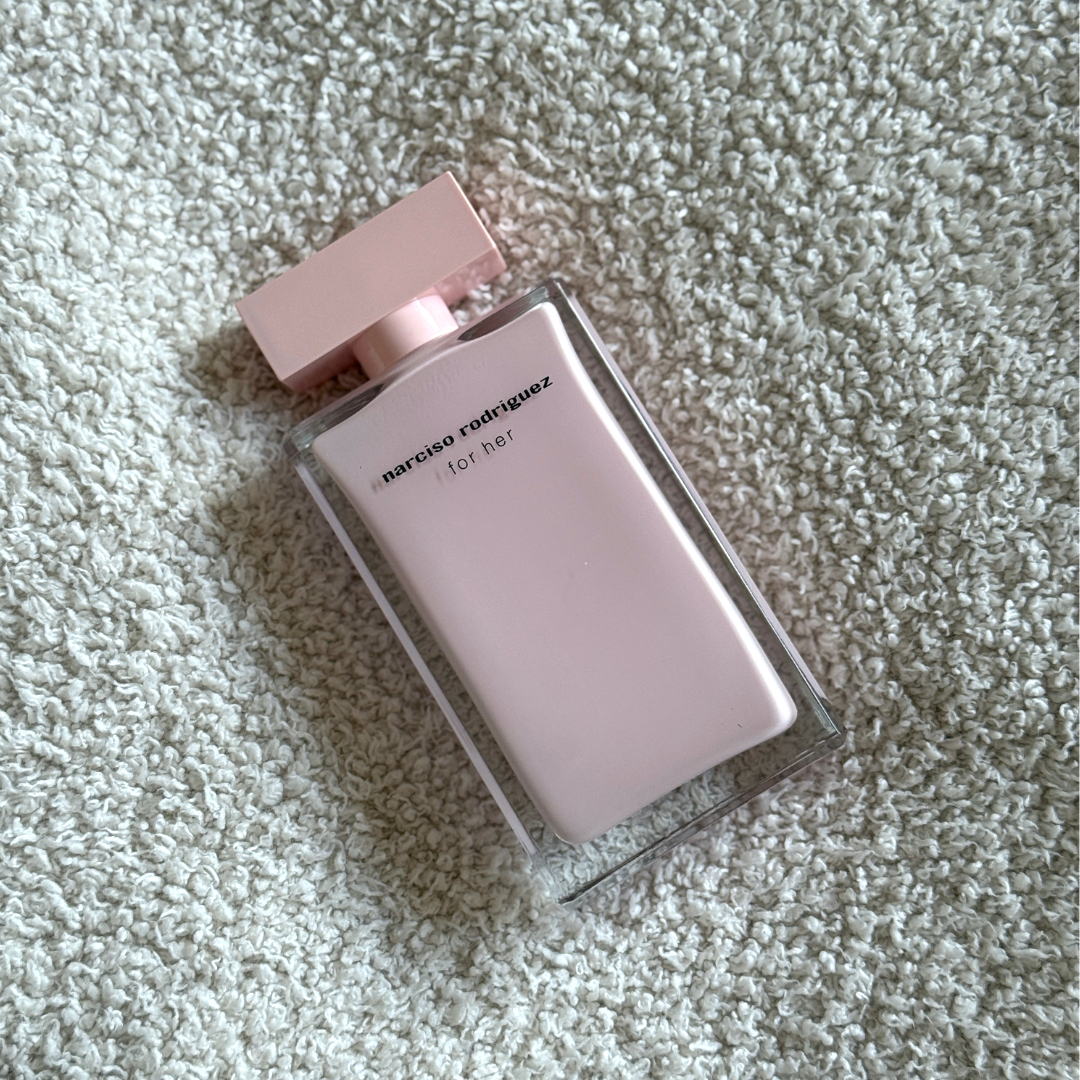 This perfume has been an icon for over 20 years, and for good reason—it’s soft, elegant, and oh so feminine
This perfume has been an icon for over 20 years, and for good reason—it’s soft, elegant, and oh so feminineFeminine but not *too* sweet
By Lucy Abbersteen
-
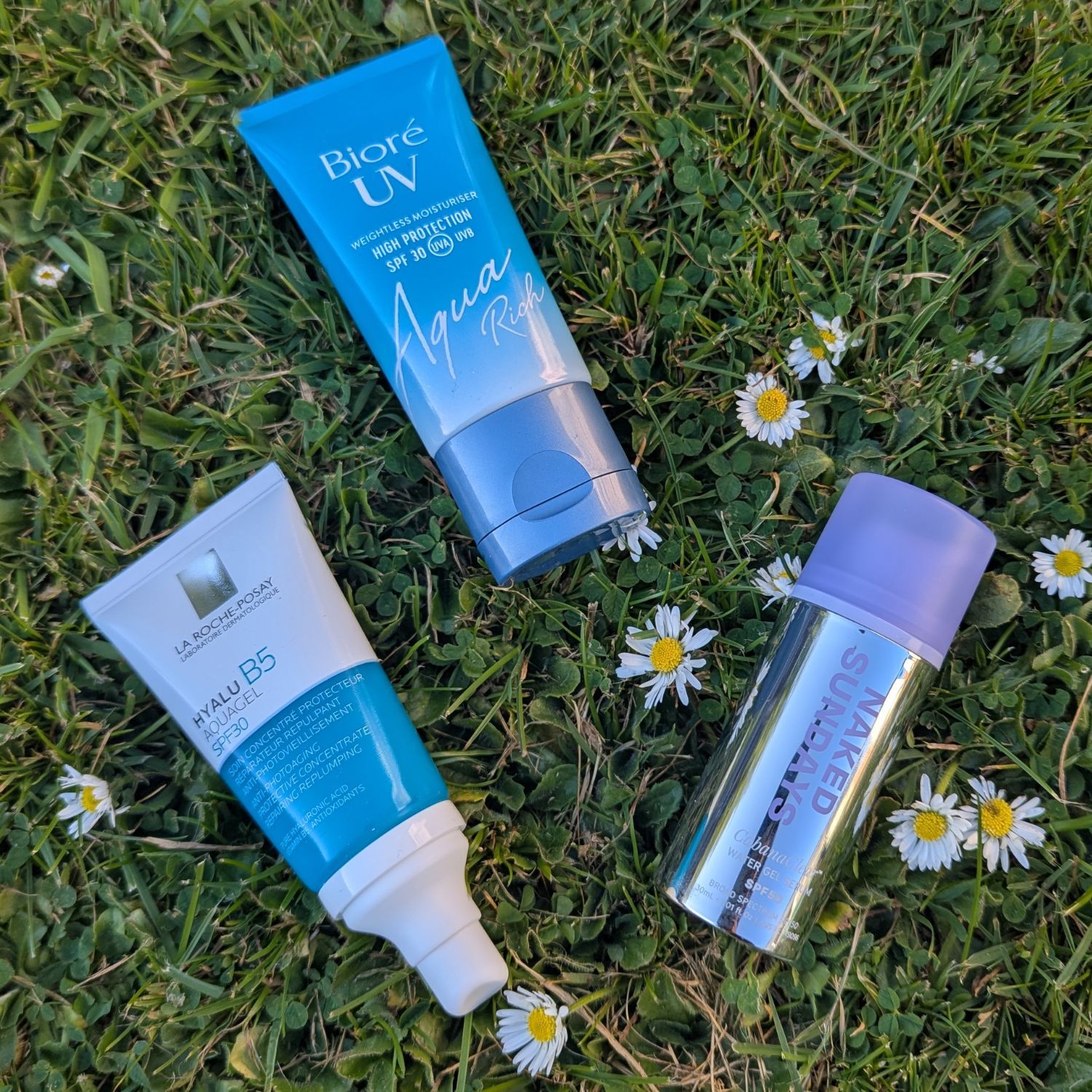 I’ve searched high and low for the best lightweight SPFs—these hydrating, water-based ones are a total game-changer
I’ve searched high and low for the best lightweight SPFs—these hydrating, water-based ones are a total game-changerNo excuses
By Jazzria Harris
-
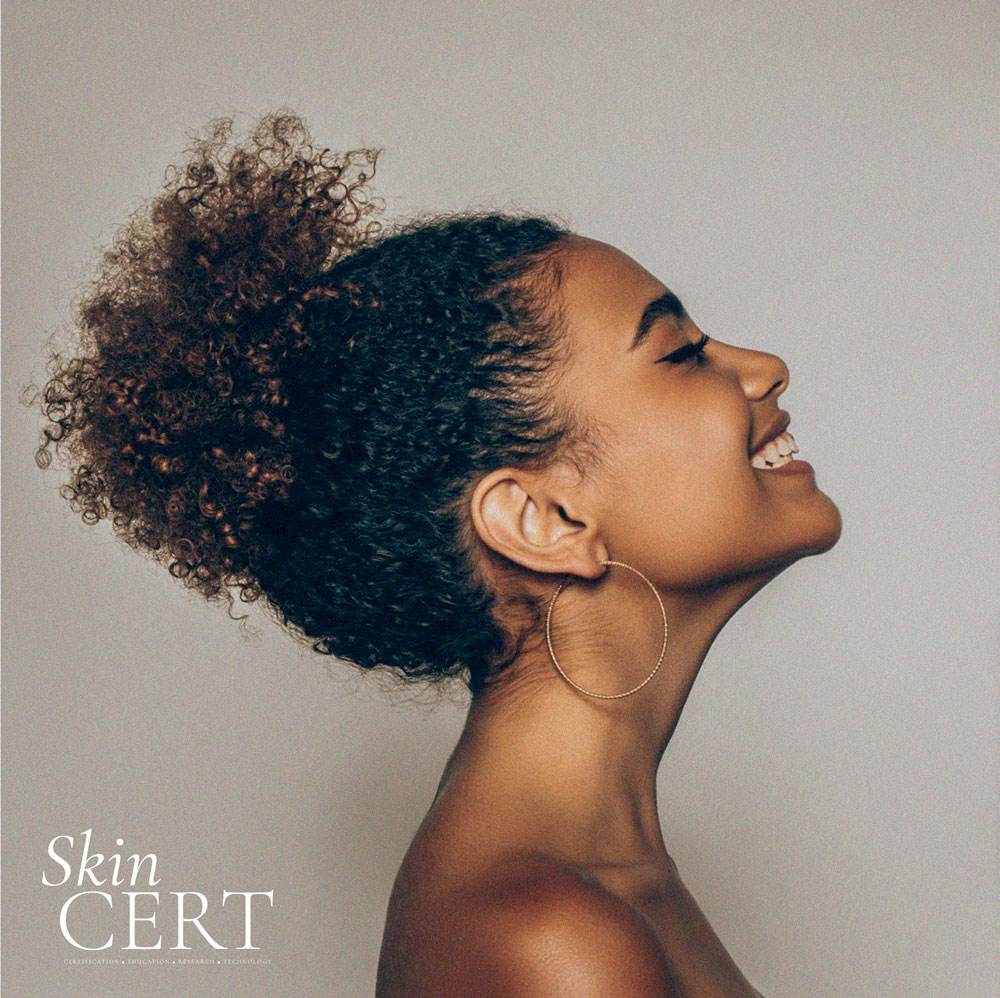 Silicones in skincare have become demonised, but experts say the benefits shouldn't be overlooked
Silicones in skincare have become demonised, but experts say the benefits shouldn't be overlookedThere are pros and cons to everything
By Shannon Lawlor
-
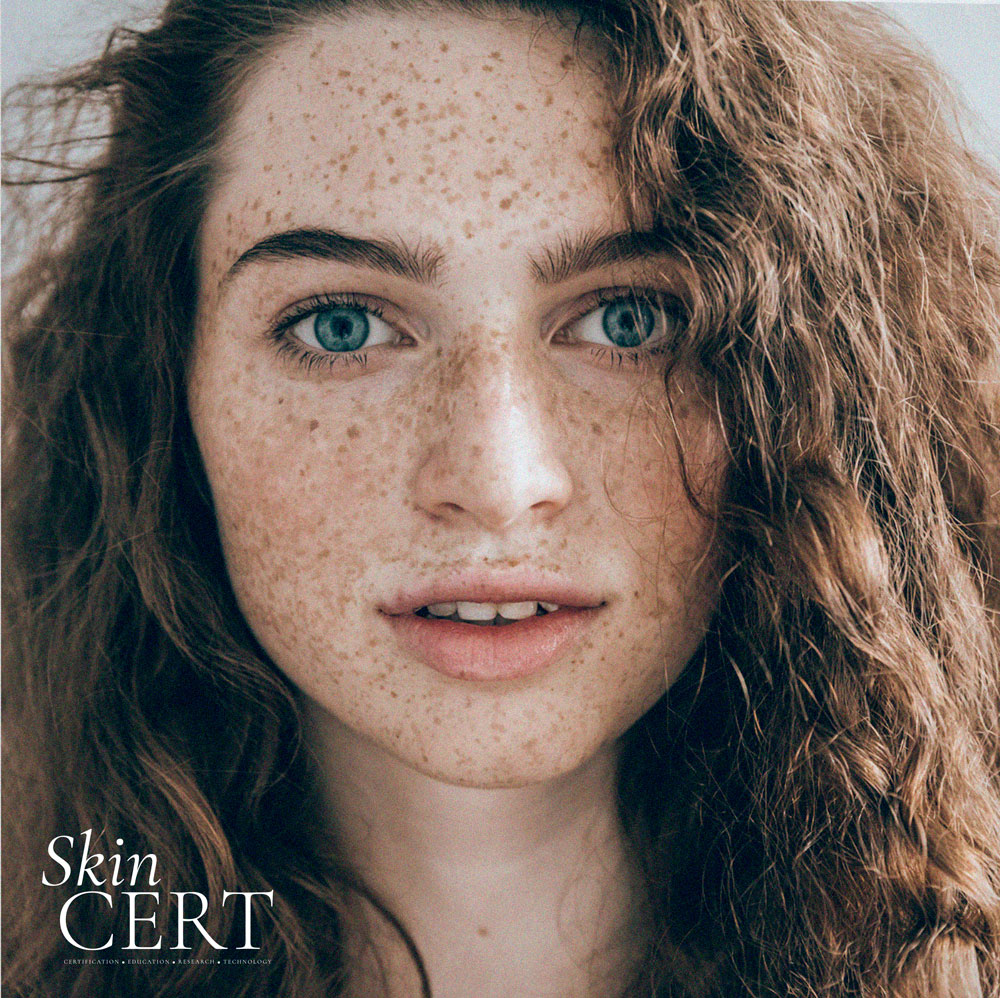 Assumed SPF in foundation was sufficient protection? You'd better think again—here's why
Assumed SPF in foundation was sufficient protection? You'd better think again—here's whyTime to bust some beauty myths
By Grace Lindsay
-
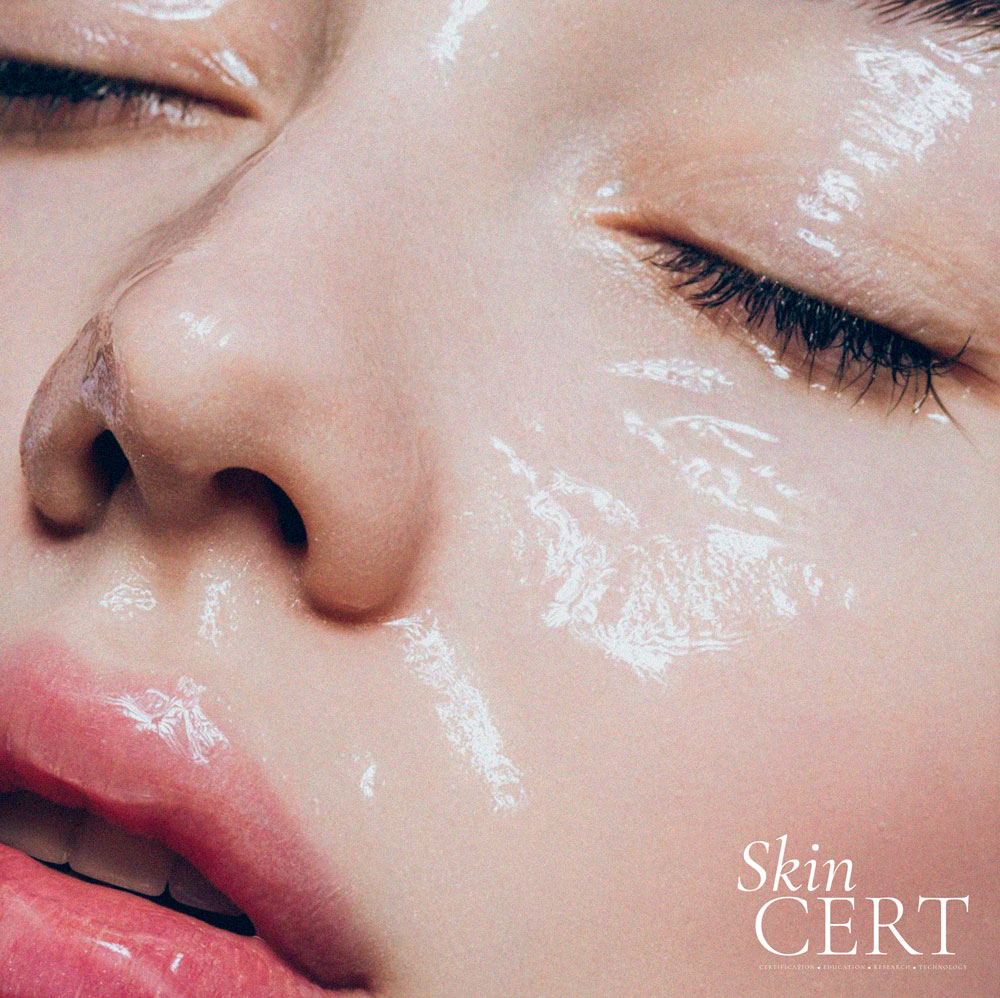 When your make-up is slipping off throughout the day, these simple skincare changes will help
When your make-up is slipping off throughout the day, these simple skincare changes will helpIt makes sense when you think about it
By Grace Lindsay
-
 If you're after no-make-up make-up, these skincare-infused serum foundations are worth knowing about
If you're after no-make-up make-up, these skincare-infused serum foundations are worth knowing aboutAnd they're perfect for foundation-haters
By Shannon Lawlor
-
 Simplify your skincare routine in 4 easy steps – for three different skin types
Simplify your skincare routine in 4 easy steps – for three different skin typesIn partnership with Superdrug
By Cat Hufton
-
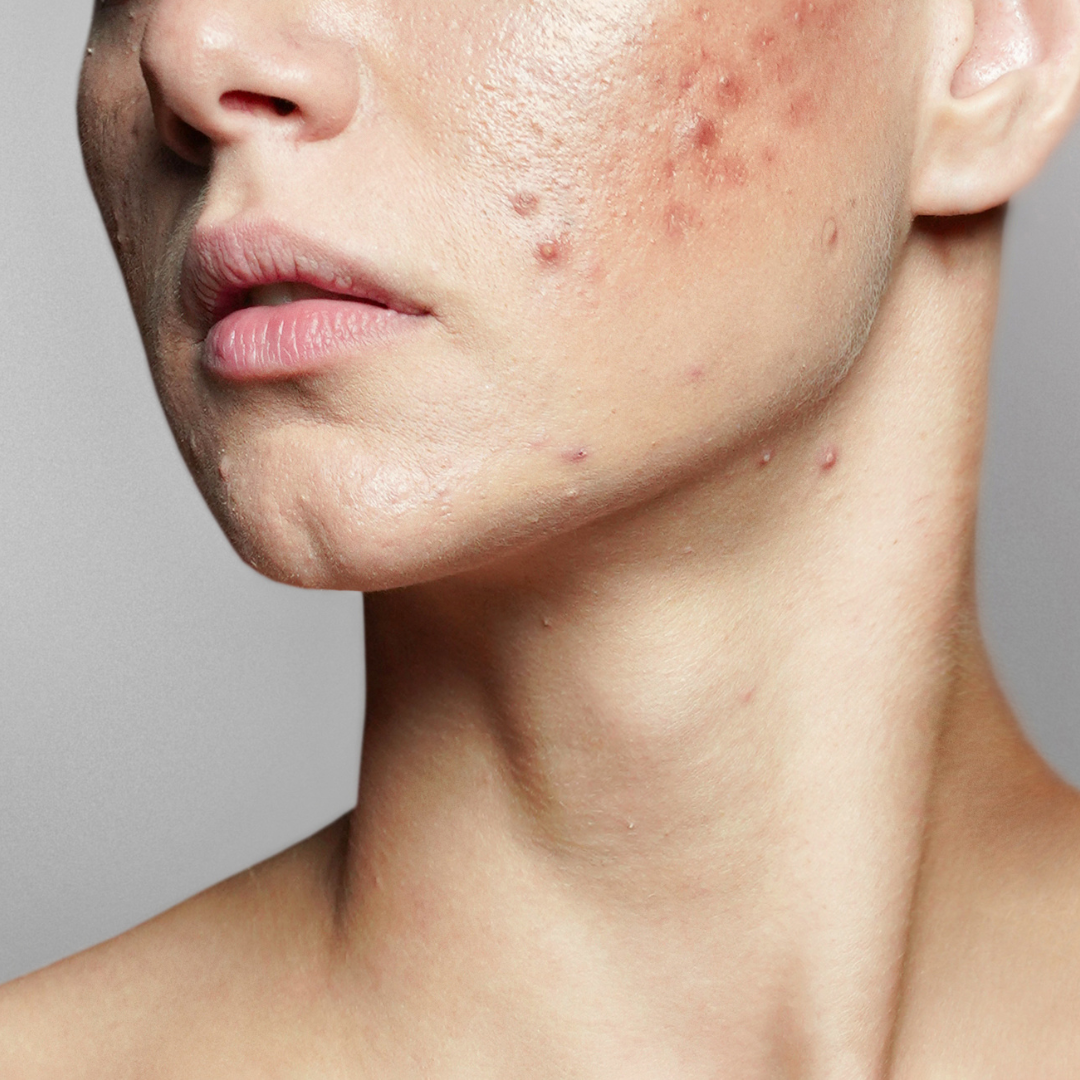 I didn’t think a retinoid would help my acne – here’s why I was wrong
I didn’t think a retinoid would help my acne – here’s why I was wrongTwo months later, I’ve learned a lot
By Alice Barraclough
-
 Consider this your 101 guide to the different types of acids for your skin
Consider this your 101 guide to the different types of acids for your skinThink you know your skincare acids?
By Alice Barraclough
-
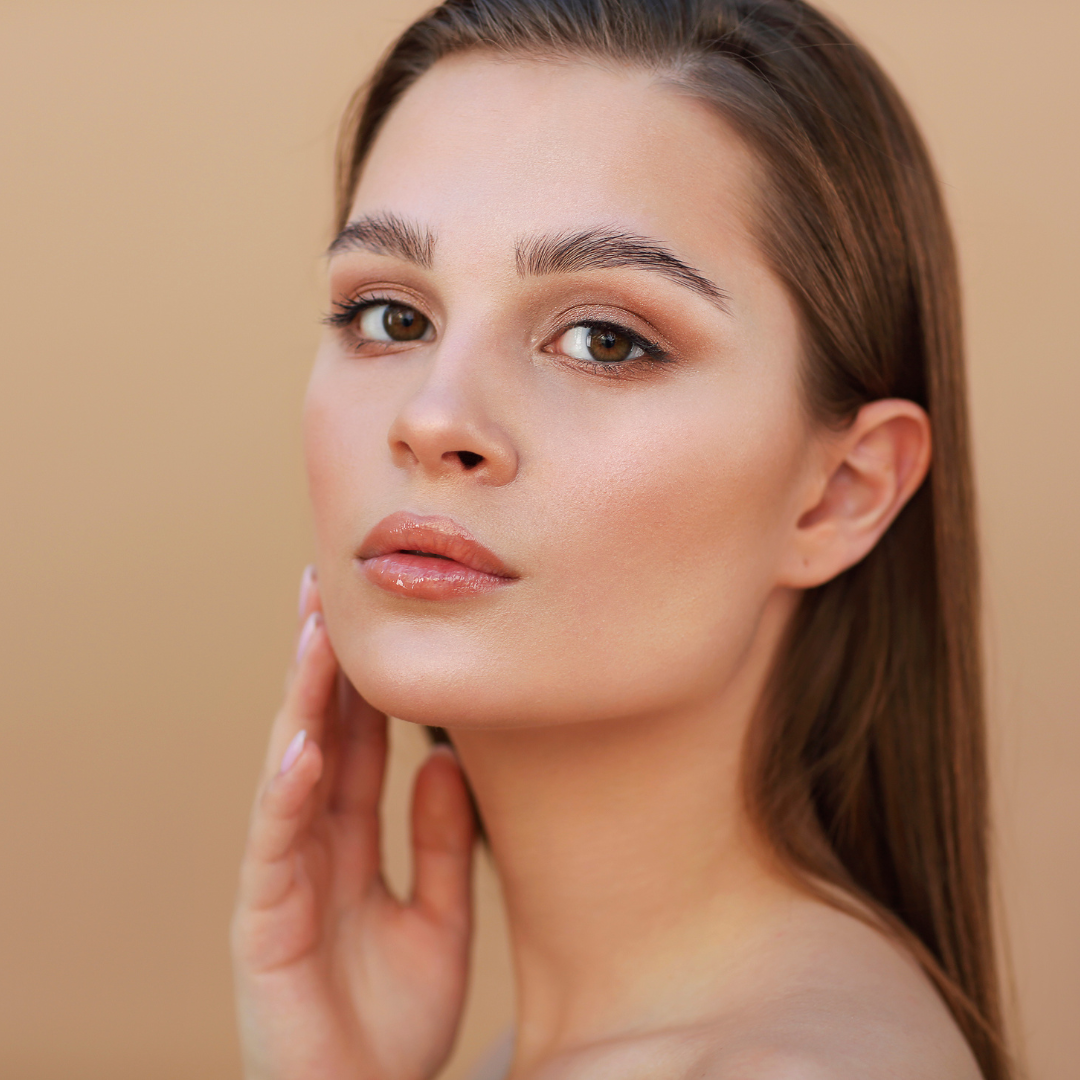 Hyaluronic acid is the super hydrator your dull skin might be craving—here's what you should know
Hyaluronic acid is the super hydrator your dull skin might be craving—here's what you should knowIt's a go-to for glowing skin
By Alice Barraclough
